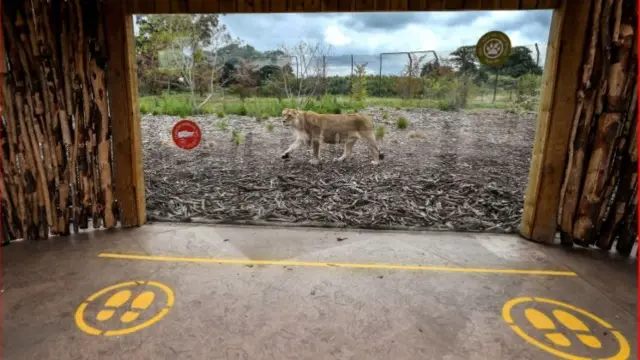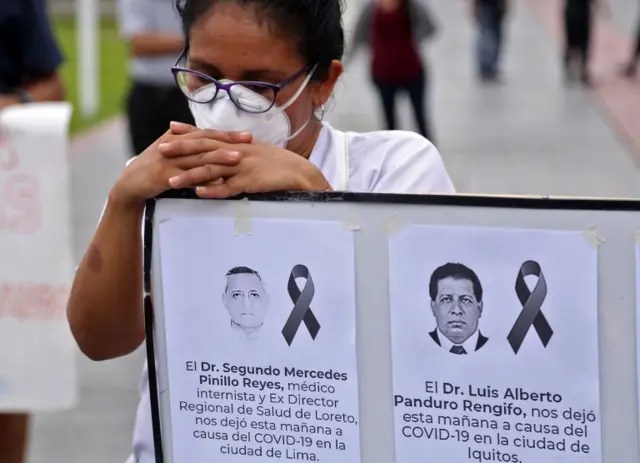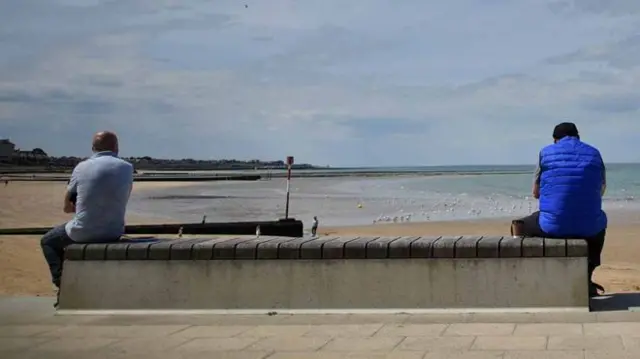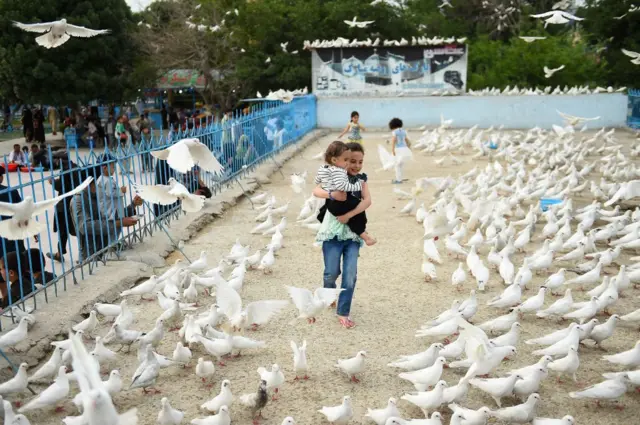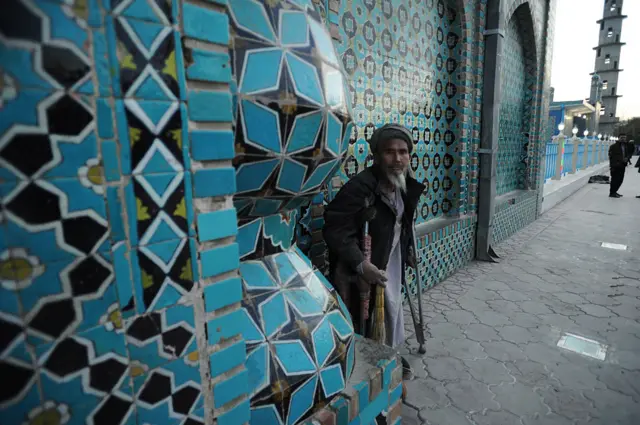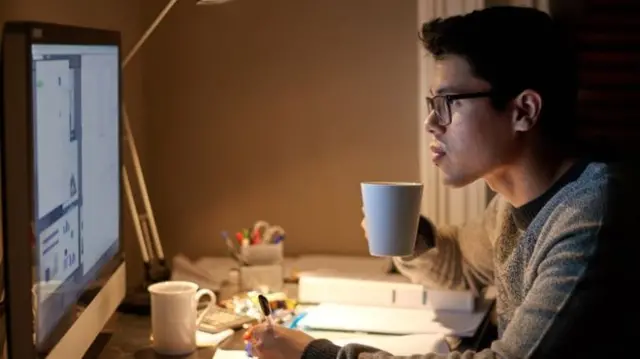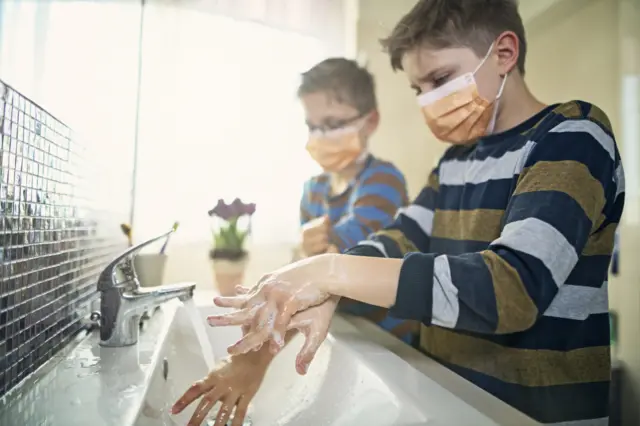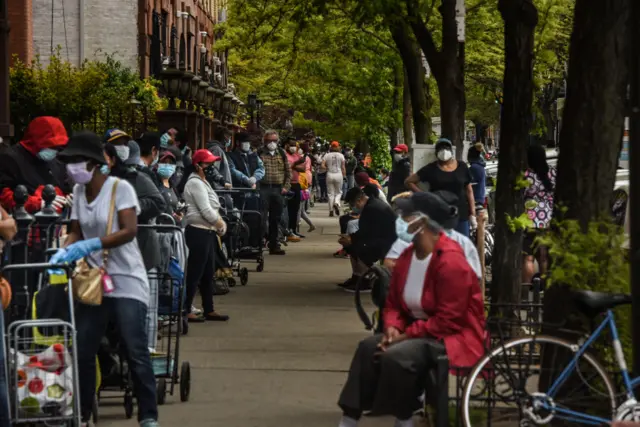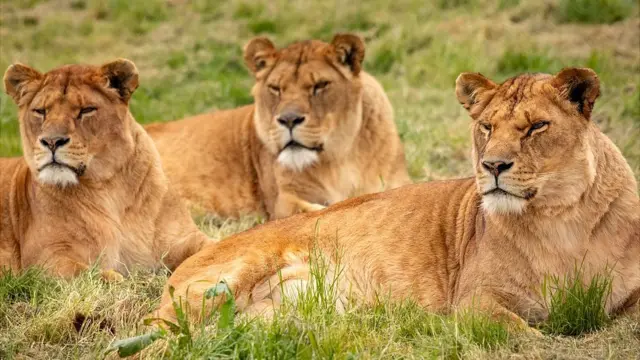We're pausing our live coveragepublished at 22:41 BST 9 June 2020
That's it from us for today, thank you very much for joining.
Today's updates were brought to you by our team of reporters in the UK, Singapore, Australia, India and the US: Owen Amos, Anna Jones, Yvette Tan, Saira Asher, Jay Savage, Andreas Illmer, Krutika Pathi, Rebecca Seales, Paulin Kola, Michael Emons, Joseph Lee, Victoria Lindrea, Lauren Turner, Vicky Baker, George Wright, Henri Astier, Claire Heald, Rob Corp, Gary Rose, Alex Kleiderman, Alex Therrien, David Walker, Kevin Ponniah, Francis Keogh, Robin Levinson King and Holly Honderich.
Our colleagues in Singapore will be resuming live coverage soon. In the meantime you can follow the latest developments on our website.
